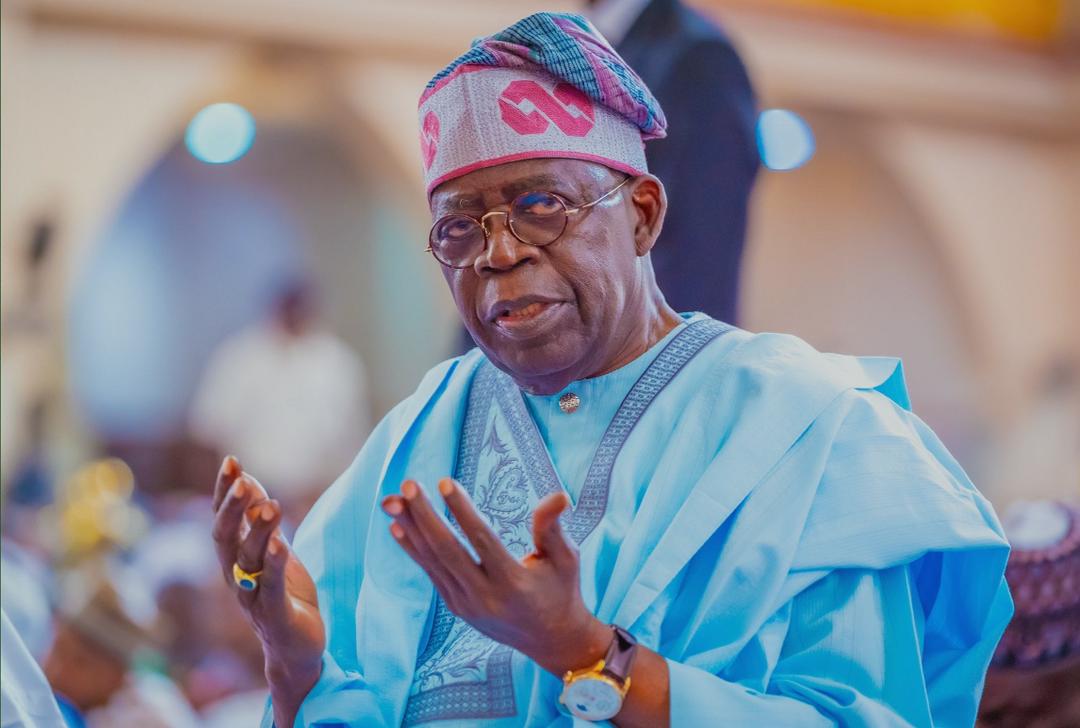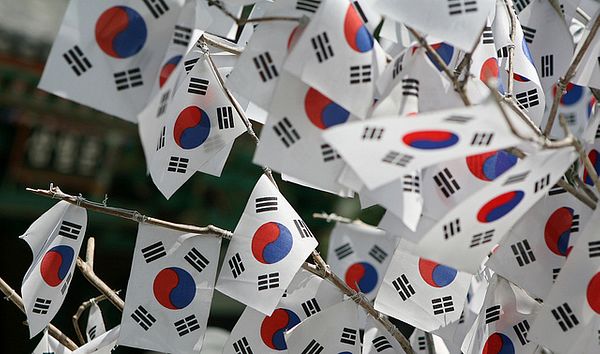Since taking office, President Bola Ahmed Tinubu has focused on strengthening Nigeria’s relationships with the Islamic world. His policies aim to promote Islamic values and enhance Nigeria’s standing among Muslim nations.
One of Tinubu’s key priorities is Islamic education. His administration invests in educational programs that improve literacy rates among young Muslims. This commitment resonates with the Muslim community both in Nigeria and internationally, as it emphasizes empowering youth through knowledge.
Additionally, Tinubu promotes interfaith dialogue and cooperation, recognizing the importance of peaceful coexistence among different religious groups. His administration engages with Islamic leaders to foster discussions that highlight shared values. This approach not only strengthens national unity but also enhances Nigeria’s reputation as a model of coexistence in the Muslim world.
In terms of international relations, Tinubu seeks to strengthen ties with key Muslim nations, particularly Egypt. By enhancing diplomatic relations and trade partnerships, he aims to bolster economic cooperation and cultural exchange. His outreach to Egypt reflects a desire to unite the Muslim community and address common challenges such as security and economic development.
By aligning his policies with Islamic values, President Tinubu positions himself as a leader who understands the aspirations of Muslims in Nigeria and beyond. His focus on education, dialogue, and humanitarian initiatives fosters positive relations with nations like Egypt.
In summary, President Tinubu’s Islamic policies mark a significant shift for Nigeria. By prioritizing education and unity, he enhances Nigeria’s standing in the Islamic community and builds strong relationships with key Muslim nations.




